The MOCA Local Genius Awards honor those visionary and innovative Tucsonans whose activities have a global impact, and whose talents have been internationally recognized. The Awards are a testament to the rich intellectual diversity of Tucson and a reflection of MOCA’s commitment to honoring cutting edge creativity in all disciplines and practices.
After thoughtful reflection and discussion, it is with heavy hearts that the board and gala committee have decided we must cancel, not delay, the 2020 Local Genius Awards online Gala and summer celebration.
With so much uncertainty, and at such a frightening time for many, we believe this is the most responsible solution at the present moment. Additionally, our Geniuses deserve to be honored fully, which is not possible in the near future.
MOCA will still launch our online auction, but a bit later: May 1-22, 2020. We have many fabulous artworks, objects, experiences and offerings, so don’t miss your chance to bid. More information on registration, soon. This will be our main source of support for the Museum this year, so please participate if you are able!
Register at MOCAT2020.givesmart.com or text MOCAT2020 to 76278 and follow the prompts from the texts received.
We also have a generous challenge grant of $25,000 on the table for our education programs from the Windgate Foundation. We will be asking for contributions to match this important gift via the auction platform, doubling the support for contemporary art education in Tucson.
We deeply appreciate your support for the Museum during this critical time. We will celebrate this year’s remarkable group of Geniuses at the 2021 Gala––so mark your calendars for April 17th, 2021.
Please take care during these troubling times. If you have any questions, please contact info@moca-tucson.org. And if you would like to make an additional gift to the museum for essential support of our operations and programs, please visit support page.
Thank you for donating the purchase of your Gala tables to MOCA Tucson:
Arizona Arts, Don & Kim Bourn, George Bradbury, John Burcher, Elizabeth Cherry & Olivier Mosset, Kira-Dixon Weinstein & Adam Weinstein, Randi Dorman & Rob Paulus, Chrissy Frey, Holualoa & Kasser Family, Sam Ireland, Courtney Johnson, Justin Martinez
Many thanks to Genius Friend donor, Tofel Dent Construction
Thank you for donating the purchase of your Gala tickets to MOCA Tucson:
Barbara Chadwick, Laura Chester, Karen Christensen & Kenneth Kay, David Cohen & Stacey Spink, Monika Dorman, Randi Dorman & Rob Paulus, Susan Dubow, Erma Duran, Vera Gates, Sara Habib, Alaina & Tyler Krone, James Lindheim & James Tharp, Dan Martin & Maki Niihori, Ariel Morvan, Denise & James Newton, Richard & Shana Oseran, Yun Gee Park & Scott Duerstock, Laura Pendleton-Miller, Anne Ranek & Paolo DeLorenzo, Hope & Craig Reed, Barbi & David Reuter, Stacey Richter & Dan Coleman, Pamela & David Rossetter, Keri & Jeff Silvyn, Charles G. Stone II & Kimberly von Brandenstein, Joanne Stuhr, Benjamin Venema & Monica Kainz, Danny Vinik & Mary Ann Brazil, Amy Zuckerman
Thank you to our generous sponsors:

Thank you to our 2020 LGA Gala Committee for the hard work they put into the event:
Kira Dixon-Weinstein, Co-Chair
Samuel Ireland, Co-Chair
Stephanie Bermudez, Annamaria Biagini, George Bradbury, John Burcher, Andrés Cano, Laura Copelin, Christine Donley, Randi Dorman, Anne Dougherty, Chrissy Frey, Sara Habib, Carrie Hess, Jean Hoffman, Courtney Johnson, Justin Martinez, Anne Ranek, Hope Reed, Wylwyn Reyes, Morah Riedl, William Robinette, Luis Soto, Joanne Stuhr, Danny Vinik
2020 Geniuses
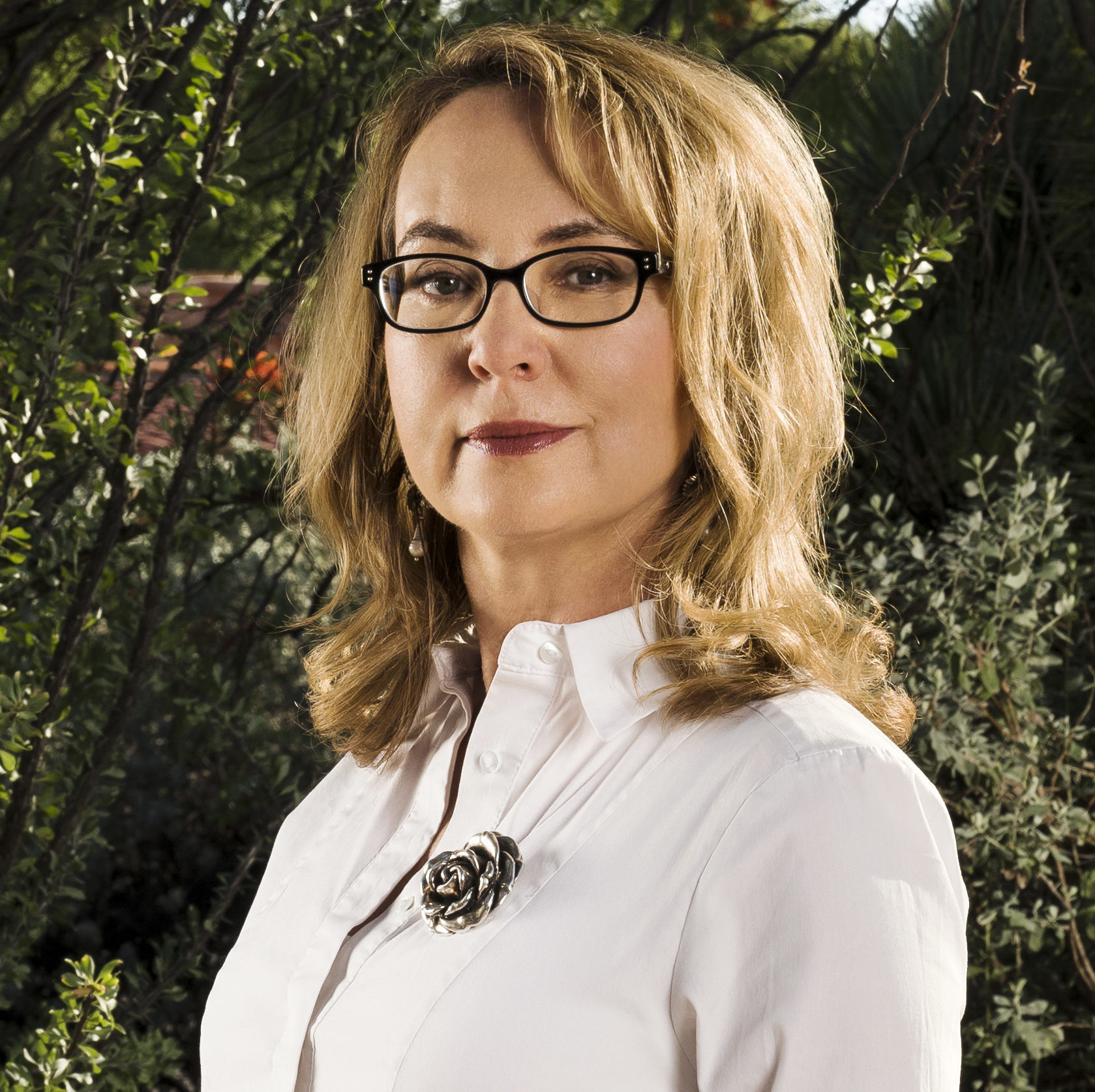


Gabby Giffords
Gabby Giffords served as a United States Congresswoman representing Arizona’s 8th Congressional District in the House of Representatives from 2007 to 2012. On January 8th, 2011, while meeting publicly with her constituents, Giffords and 18 other people were shot in an assassination attempt that left six people dead, many more in critical condition, and our community in shock. After a courageous and miraculous recovery, she has worked tirelessly as a gun safety advocate, establishing Americans for Responsible Solutions in 2013. The ARS later joined with the Law Center to Prevent Gun Violence to become Giffords, an advocacy and research organization focused on preventing gun violence.



Las Mujeres de Manzo
Las Mujeres de Manzo is a formative immigration activist group whose collective efforts have given rise to many of the international human rights activities in our region. Beginning in the 1970s, Guadalupe Castillo, Margo Cowan, Isabel Garcia, and Raquel Rubio Goldsmith came together at the Manzo Area Council, a war on poverty program that President Johnson began, and became known as las Mujeres de Manzo. In the 80s the group was the lone voice identifying and opposing the militarization of the border. They went on to shape many other humanitarian relief groups including Coalición de Derechos Humanos and No More Deaths, establish and promote Chicano and Mexican-American Studies programs as researchers and educators, and work for decades in legal defense.
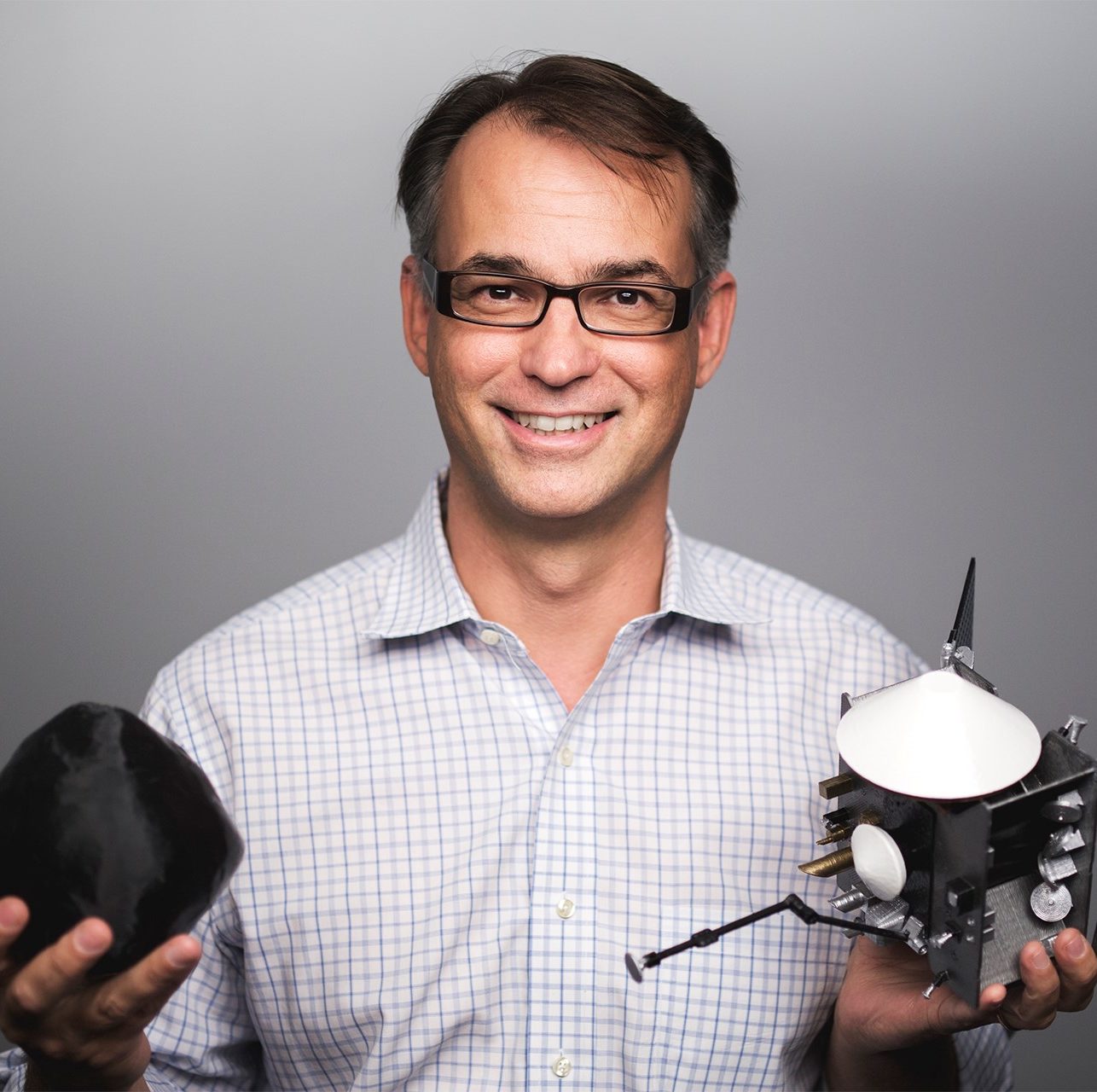


Dante Lauretta
Dante Lauretta is a Professor of Planetary Science and Cosmochemistry at the University of Arizona’s Lunar and Planetary Laboratory. An expert in asteroid formation and evolution, he is the leader of NASA’s OSIRIS-REx mission. The mission’s goal is to collect, and return back to Earth, a sample from the near-Earth asteroid Bennu, which will enable researchers to study the formation and evolution of both the Solar System and the beginnings of life on Earth. Lauretta received the University of Arizona Alumni Achievement Award, the NASA Silver Achievement Medal, and holds two Guinness World Records for placing the OSIRIS-REx spacecraft in orbit around Bennu. Asteroid 5819 is named “Lauretta” in recognition of his scientific achievements.
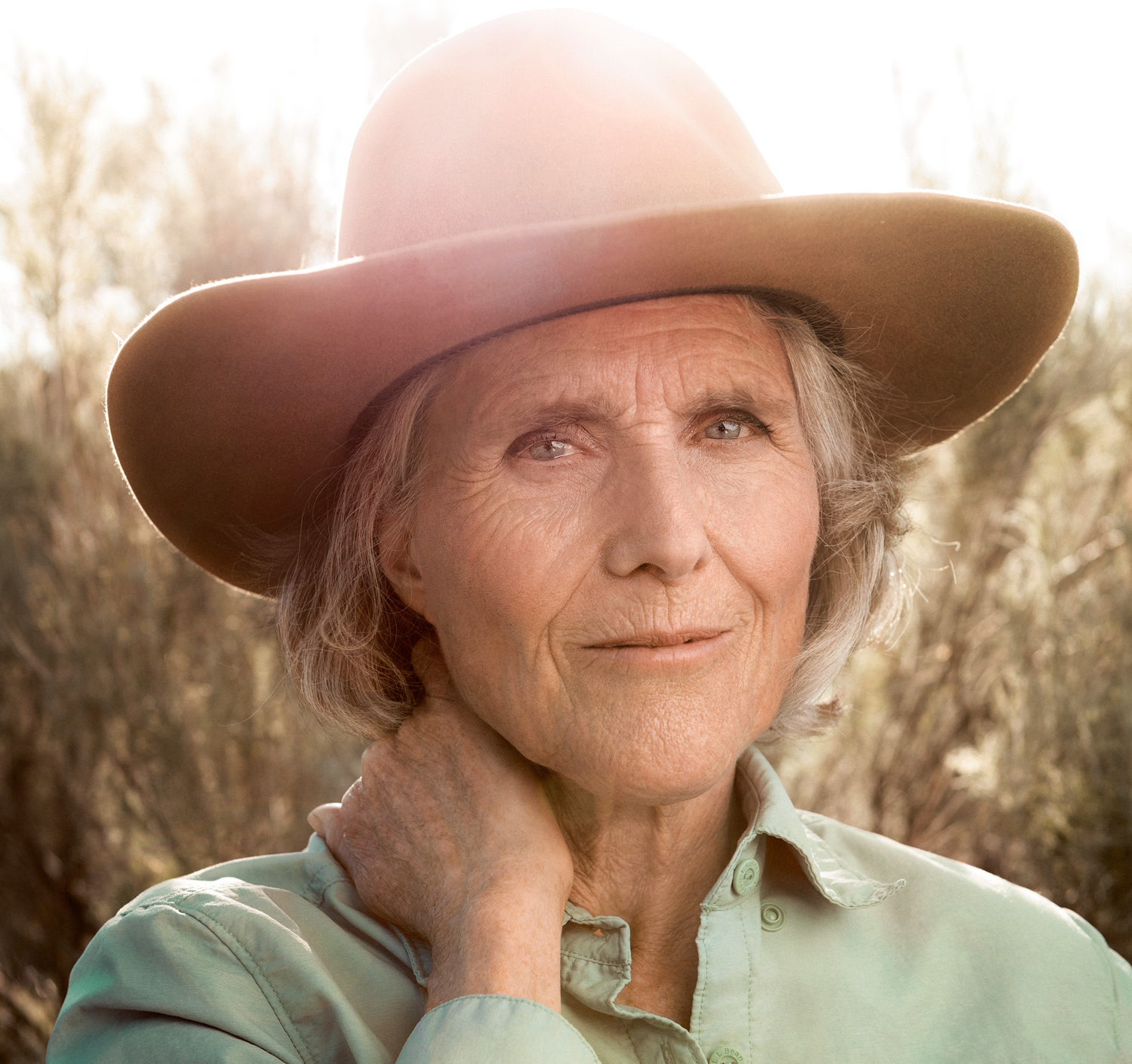


Valer Clark
Valer Clark uses land as her canvas and water as her medium. Through the construction of large gabions and more than 40,000 loose rock dams she has restored waterways thereby transforming expanses of parched, overgrazed desert to permaculture oases. Valer serves on the board of Cuenca Los Ojos (Watershed of Springs), an organization that promotes restoration of habitat, protection of a wildlife corridor along the US/Mexican border, and promotes research and learning in an outdoor laboratory. For her conservation work on both sides of the border, Valer has received many awards including the designation of Mexican Conservation Hero by The Nature Conservancy in 2006, the Wetlands Award by the Environmental Law Institute of Washington, and Reconocimiento a la Conservación de la Naturaleza in 2008.
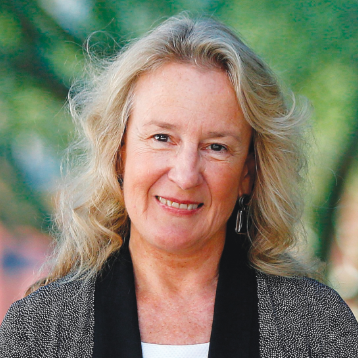


Dr. Carol A Barnes
Dr. Carol Barnes is a Regents’ Professor in the Departments of Psychology, Neurology and Neuroscience, the Evelyn F. McKnight Endowed Chair for Learning and Memory in Aging, Director of the Evelyn F. McKnight Brain Institute and Director of the Division of Neural Systems, Memory & Aging at the University of Arizona. Dr. Barnes is past-president of the 42,000 member Society for Neuroscience, an elected Fellow of the American Association for the Advancement of Science, and an Elected Foreign Member of the Royal Norwegian Society of Sciences and Letters. She earned her B.A. in psychology from the University of California at Riverside, and her M.A. and Ph.D. from Carleton University in Ottawa, Canada.
The central goal of Dr. Barnes’ research program is to understand how the brain changes during the aging process and what the functional consequences of these changes are on information processing and memory. Her research program involves behavioral, electrophysiological and molecular biological approaches to the study of young and aged rodents and non-human primates. This work provides a basis for understanding the basic mechanisms of normal aging in the brain and sets a background against which it is possible to assess the effects of pathological changes such as Alzheimer’s disease.
Some current work also includes an assessment of therapeutic agents that may be promising in the alleviation or delay of neural and cognitive changes that occur with age. Dr. Barnes has written over 252 articles in the area of memory changes during normal aging and their possible neurobiological correlates. Recent awards include the APA Award for Distinguished Scientific Contributions (2014), the Ralph W. Gerard Prize in Neuroscience, Society for Neuroscience (2013) and the Society for Neuroscience Mika Salpeter Lifetime Achievement Award (2010).
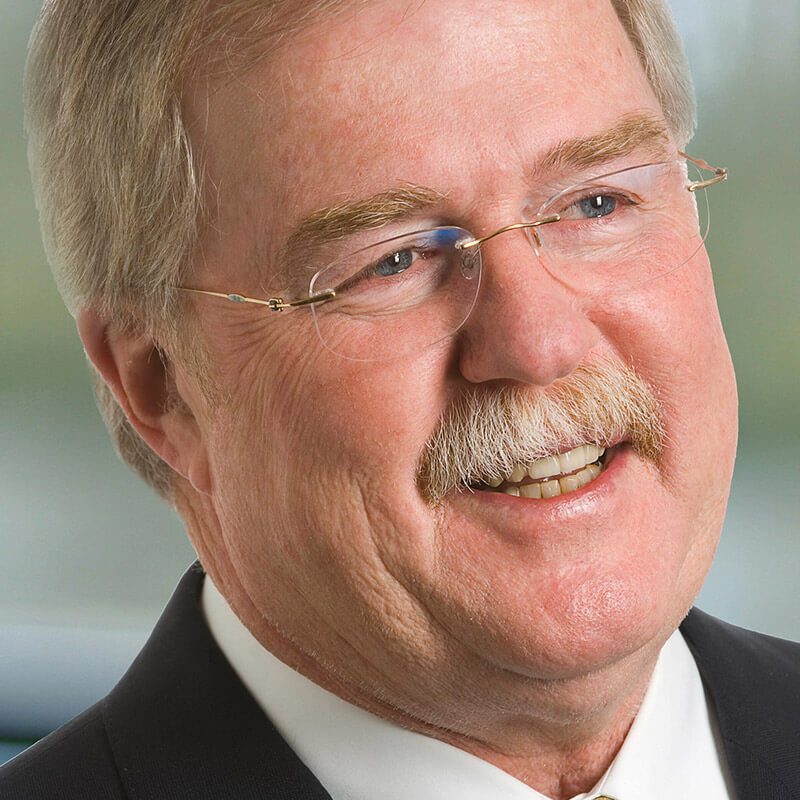


Thomas M. Grogan M.D.
Thomas Grogan, M.D. is an American professor, pathologist, and founder of Ventana Medical Systems, Inc. He currently holds the positions of Professor of Pathology at the University of Arizona College of Medicine and Chief Scientific Officer at Ventana. Dr. Grogan received a B.A. in biology from the University of Virginia, and his M.D. from George Washington University Medical School. He later completed a post-doctorate, hematopathology fellowship at Stanford University. Dr. Grogan is a founding member of the International Lymphoma Study Group and holds the patents for the kinetic-mode process for automated Immunohistochemistry and “in situ” hybridization staining techniques.
Dr. Grogan has authored or co-authored more than 200 papers on lymphoma and myeloma, including contributing to the World Health Organization’s Classification of Tumours of Haematopoietic and Lymphoid Tissue, part of a series of histological and genetic typing of human tumors that covers all leukemia and lymphoma types, providing a national standard for oncologists and pathologists to use in the design of studies monitoring response to therapy and clinical outcomes.
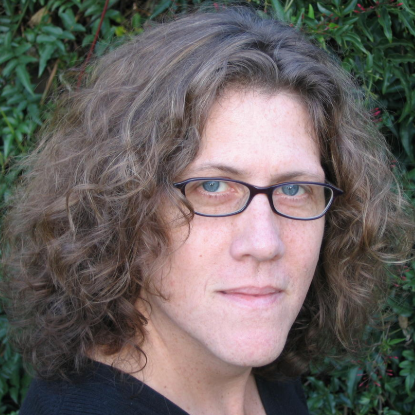


Dr. Susan Stryker
Susan Stryker is an Associate Professor of Gender and Women’s Studies, as well as Director of the Institute for LGBT Studies. She is a multiple award-winning author, editor, and filmmaker whose credits include the Emmy Award-winning documentary Screaming Queens: The Riot at Compton’s Cafeteria, the massive, two-volume Transgender Studies Reader, the introductory textbook Transgender History, and popular nonfiction works such as Queer Pulp: Perverse Passions from the Golden Age of the Paperback and Gay by the Bay: A History of Queer Culture in the San Francisco Bay Area. Stryker earned her Ph.D. in United States History from UC Berkeley and later held a postdoctoral fellowship in Sexuality Studies at Stanford University. Her work focuses on gender and human sexuality, and in 2013 she established the world’s first transgender studies program at the University of Arizona. In 2015 Yale University awarded Stryker the James Robert Brudner Class of 1983 Memorial Prize for lifetime accomplishment and scholarly contributions in the field of lesbian and gay studies.
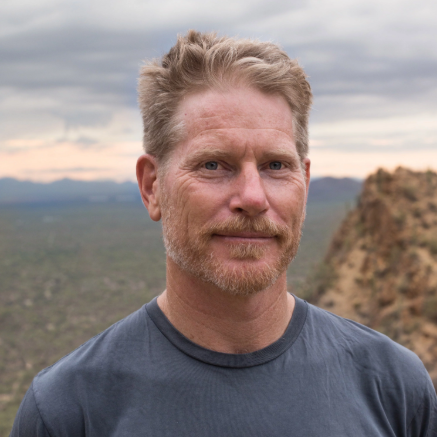


Brad Lancaster
Leading expert in the field of rainwater harvesting and water management. He is also a permaculture teacher, designer, consultant and co-founder of Desert Harvesters non-profit organization.



Mort Rosenblum
Reporter, author, and educator, has covered stories on seven continents since the 1960s. Past editor of the International Herald Tribune; special correspondent for the Associated Press; AP bureau chief in Africa, Southeast Asia, Argentina, and France; and founding editor of the quarterly, dispatches. He teaches international reporting at the University of Arizona and is a champion of journalistic integrity.
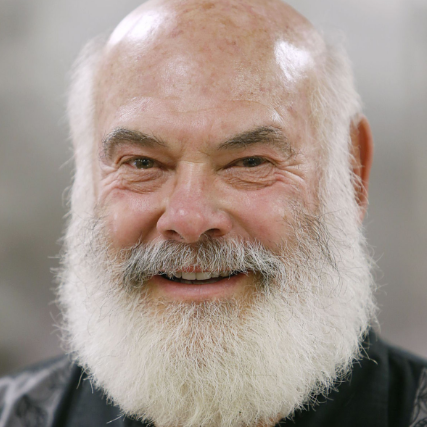


Andrew Weil M.D.
Harvard-trained M.D. and world-renowned leader and pioneer in integrative medicine. Dr. Weil is the Founder and Director of the University of Arizona Center for Integrative Medicine, Clinical Professor of Medicine, and best-selling author of 13 books on health, wellness, and natural and preventive medicine.
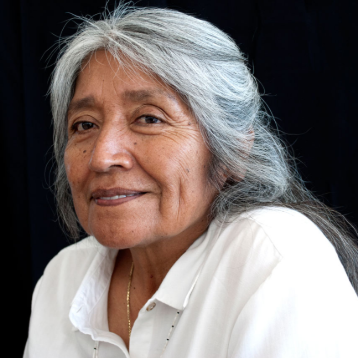


Ofelia Zepeda
Regents’ Professor of Linguistics at the University of Arizona who champions the preservation of the Tohono O’odham language and promotes literacy in the language. She wrote the standard textbook used to teach the Tohono O’odham language and is the Poet Laureate of Tucson, Arizona.



Dr. Anna Dornhaus
Evolutionary Biologist Anna Dornhaus’ research has overturned conventional thinking with regard to animal social behavior and labor division, communication and resource allocation. She is Associate Professor, Ecology & Evolutionary Biology University of Arizona and holds a Ph.D. in Zoology from the University of Wurzburg. Her research has been published extensively in peer-reviewed journals as well as featured in popular media such as the New York Times. Her pioneering work in model systems has significant implications for computer scientists and engineers in need of related algorithms furthering the post-disciplinary implications of zoology. As model systems, she studies social insect colonies (bumble bees, honey bees and ants) in the laboratory and in the field, as well as using mathematical and individual-based modeling approaches. Her recent work has included the role of communication in the allocation of foragers to food sources; the evolution of different recruitment systems in different species of bees, and how ecology shapes these recruitment systems; house hunting strategies in ants; speed-accuracy trade offs in decision- making; and whether different group sizes necessitate different organizational strategies.



Rick Joy
Architect Rick Joy is globally renowned for his innovative use of local natural and cultural materials that speak of indigenous and folk traditions and are exquisitely deployed through his poetic built environments. As Principal of Rick Joy Architects, his work has won numerous global awards and extensive critical recognition, bringing attention to Tucson’s unique regional desert modernism. He is the recipient of the 2002 American Academy of Arts and Letters Award in Architecture and in 2004 won the prestigious National Design Award from the Smithsonian Institution/Cooper-Hewitt. His monograph, Rick Joy: Desert Works, was published by Princeton Architectural Press in 2002. In addition to his practice, Joy teaches at Harvard University’s Graduate School of Design and M.I.T. as well as lecturing extensively around the world.
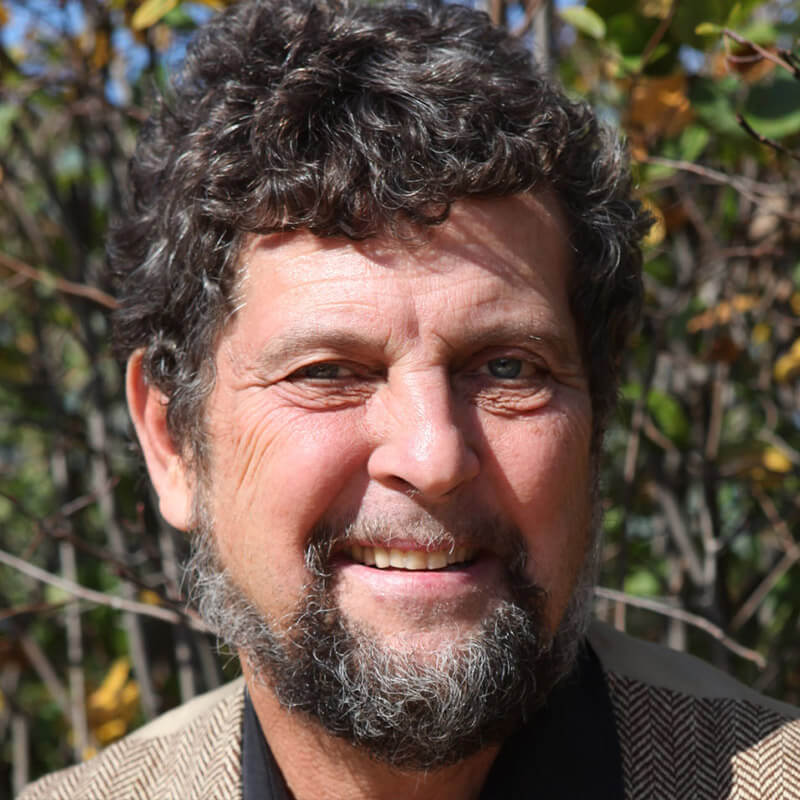


Dr. Gary Nabhan
Dr. Nabhan is an internationally celebrated nature writer, seed saver, conservation biologist and sustainable agriculture activist who has been called “the father of the local food movement”. Gary is also an orchard-keeper, wild forager and Ecumenical Franciscan brother in his hometown of Patagonia, Arizona near the Mexican border. He is author or editor of twenty-four books and in recognition of this writing and collaborative conservation work, he has been honored with a MacArthur “genius” award among numerous other awards internationally. He works as a research scientist at the Southwest Center of the University of Arizona, and as co-founder/facilitator of several food and farming alliances, including Renewing America’s Food Traditions and Flavors Without Borders.



Peter Warshall, Ph.D.
Peter Warshall is an ecologist, activist and essayist whose work centers on conservation and conservation-based development. After receiving his A.B. in Biology from Harvard in 1964, he went on to study cultural anthropology at l’École Pratique des Hautes Études in Paris, with Claude Lévi- Strauss, as a Fulbright Scholar. He then returned to Harvard where he earned his Ph.D. in Biological Anthropology. Currently a Senior Research Fellow at the Center for Tropical Research/Institute of the Environment and Sustainability at UCLA, and Science Coordinator for the Northern Jaguar Project, Warshall is a world-renowned water steward, biodiversity and wildlife specialist, research scientist, conservationist, and environmental activist. His multi-faceted areas of expertise include natural history, natural resource management, conservation biology, environmental impact analysis, conflict resolution, and consensus- building between divergent interest groups. He also edited the legendary, highly influential publication, Whole Earth, from 1996 until it ceased publication, and is the Co-Project Director of Bioneers’ Dreaming New Mexico initiative.



Robert A. Williams
Legal scholar and judge pro tem Tohono O’Oodham Nation, Williams specializes in indigenous legal systems, post-colonialism and critical race theory. He is the author of numerous books, most recently Savage Anxieties: The Invention of Western Civilization. Savage Anxieties radically undermines conventional thinking in the global discourse of human rights and reimagines a sense of global social justice. An enrolled member of the Lumbee Indian Tribe of North Carolina, Professor Williams was named the first Oneida Indian Nation Visiting Professor of Law at Harvard Law School having previously served there as Bennet Boskey Distinguished Visiting Lecturer of Law. The 2006 recipient of the University of Arizona Henry and Phyllis Koffler Prize for Outstanding Accomplishments in Public Service, Professor Williams is the founding Director of the IPLP Program at the Rogers School of law. He has received major grants and awards from the Soros Senior Justice Fellowship Program of the Open Society Institute, the John D. and Catherine T. MacArthur Foundation and the Ford Foundation, among many others. Professor Williams was named one of 2011’s “Heroes on the Hill” by Indian Country Today for his work on behalf of the Hul’qumi’num Treaty Group before the OAS Inter-American Human Rights Commission.



Calexico (Joey Burns, John Convertino & Jacob Valenzuela)
Calexico is a diverse collective based around guitarist/vocalist Joey Burns, drummer John Convertino, and trumpeter Jacob Valenzuela. The band has been cited as a melting pot for country, indie rock, various Spanish rooted sub-genres, and jazz, among other musical styles. Calexico has released six full-length albums, six original material tour albums, five EPs, and a live DVD. Naming themselves after a town near the California/Mexico border in honor of this cultural mélange, they have spent the eighteen years since they met in Los Angeles mapping out musical territory that had otherwise been neglected or at the very least considered the preserve of historians. Their efforts have helped define the Tucson scene in the global arena of music.
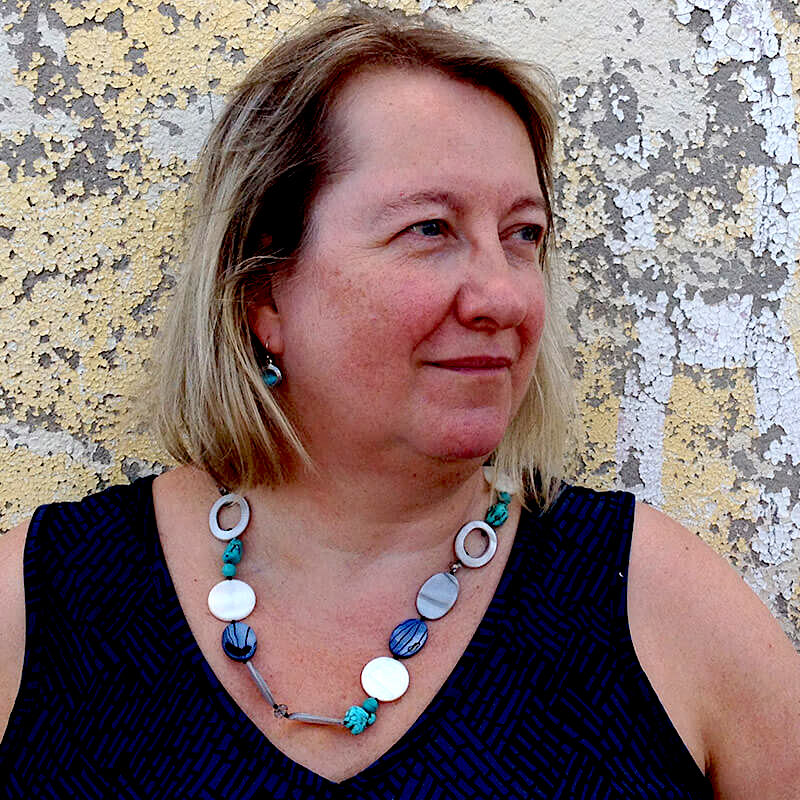


Dr. Diana Liverman
Diana Liverman is the co-director of the Institute of the Environment at The University of Arizona and a professor in the School of Geography and Development. She is also affiliated with Oxford University where she is a visiting professor of Environmental Policy and Development in the School of Geography and Environment, a fellow of Linacre College, and a fellow in the Environmental Change Institute. Her main research interests focus on climate impacts, vulnerability and adaptation, and climate policy and mitigation, especially in the developing world. In 2010 she was awarded the Founders Gold medal of the Royal Geographical Society for her contributions to understanding the human dimensions of environmental change. She is the chair of the scientific advisory committee international Global Environmental Change and Food Systems (GECAFS) program and editor of the Annual Review of Environment and Resources.
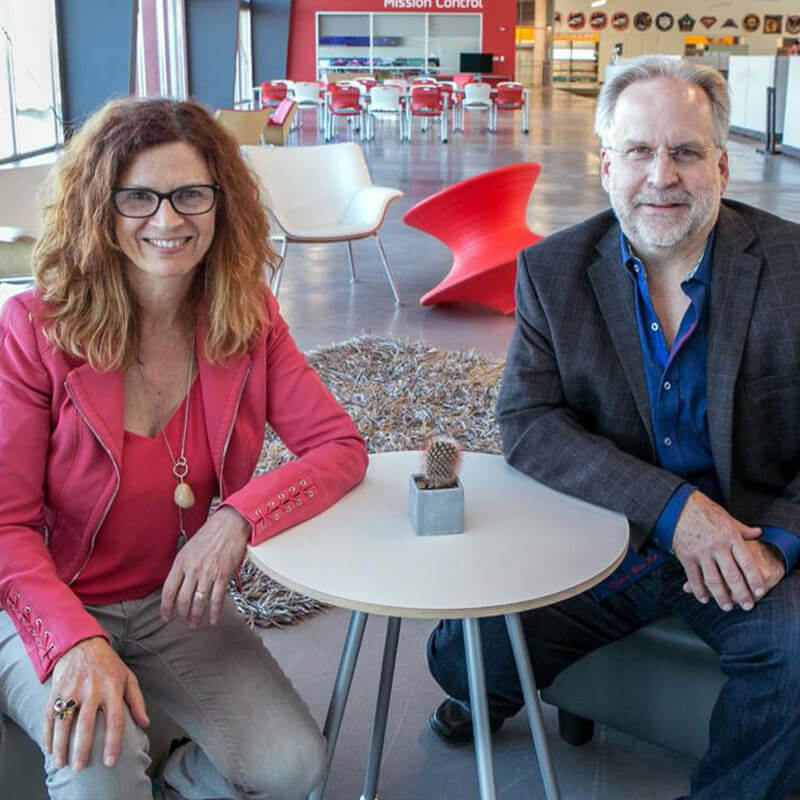


Jane Poynter & Taber MacCallum
Poynter & MacCallum were original crew-members of Biosphere 2. Employing ideas developed during their deployment, they have since pioneered technologies for extreme environments through their company, Paragon Space Development. They hold numerous patents, and most notably co-designed the Autonomous Biological System, a long duration plant and aquatic animal life support system. Ms. Poynter is a noted expert in carbon credits and developed ground truth methodologies for carbon credit training. She is the author of Champions for Change and a globally renowned environmental educator. Mr. MacCallumʼs expertise as both a practitioner and researcher of extreme environments has led him around the world and deep into the sea collecting water samples, reintroducing dolphins into wild and salvaging ships. Currently he is involved in the design of a novel Mars space suit portable life support system technology funded by NASA, life support and thermal control systems for commercial manned orbital and suborbital spacecraft, as well as hazardous environment life support technology for U.S. Navy divers, in which he is the test diver.
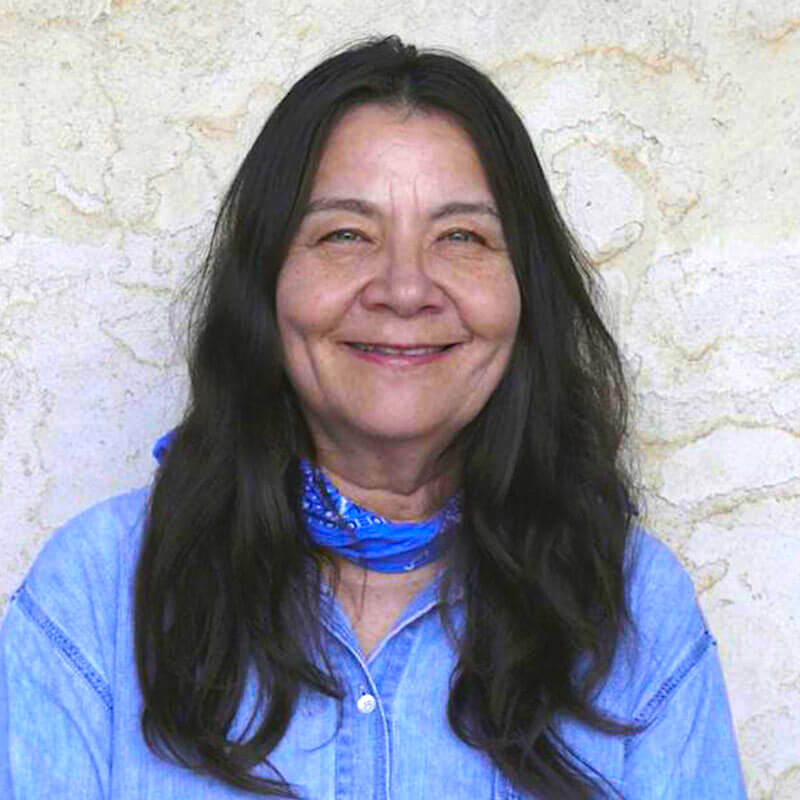


Leslie Marmon Silko
Leslie Marmon Silko broke onto the world literary scene with her 1977 novel Ceremony, which has subsequently entered the canon and brought her into the literary movement known as the Native American Renaissance. Of Laguna, Mexican and Anglo heritage, Silko writes often of identity politics and the challenges of maintaining multiple authenticities. She was the youngest writer to be included in The Norton Anthology of Womenʼs literature. Silko was awarded a MacArthur Foundation grant in 1981, which allowed her to produce an epic story of the Americas from the site of the Southwest, Almanac of the Dead. Hers is a powerful voice, speaking truth to power and continuously advocating for language free of co-option from patriarchal and colonial traditions. Her latest book, The Turquoise Ledge: A Memoir blends memoir and family history. Drawing from Native storytelling practices, Silko takes her reader on a series of journeys through the Sonoran Desert, as she walks, remembers and contemplates the landscape and human beings ancient practice of connecting place to identity, using the land to tell our stories.
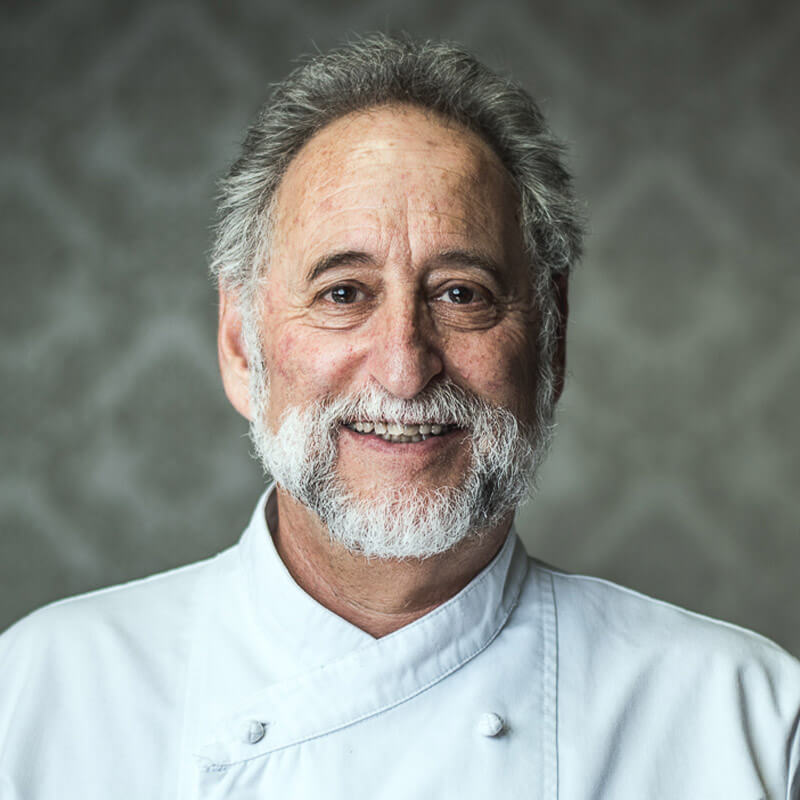


Janos Wilder
James Beard Foundation award-winning chef, restaurateur and slow food advocate Janos Wilder has been delighting and surprising palates in the Southwest for over two decades. His innovative mining of world culinary traditions, combined with his commitment to the local community, results in a unique cuisine that reflects the extraordinary diversity and heritage of Tucson. Janosʼ rigorous creativity relentless and pursuit of excellence have placed him at the forefront of culinary and cultural trends around the world. Using Tucsonʼs rich history as the oldest continuously inhabited place in the continental United States, Janos sees our community as a metaphor for global trends in human migration. He tells this story through his innovative cuisine and thus raises awareness about the relationship between food and human development.



Byrd Baylor
Prolific three-time Caldecott Medal honored author of children’s books, Baylor is also a former NPR correspondent and internationally noted naturalist and border humanitarian based in Arivaca and Tucson. Known not only for the graceful elegance of her words and keen sensibility of the desert southwest, Baylor’s prolific output as an author has spanned nearly five decades and included the publication of nearly 30 fiction and non-fiction books each exploring the common humanity in all of us. From Amigo (1963) and Everybody Needs a Rock (1974) to The Table Where Rich People Sit (1994) and And It Is Still That Way: Legends Told by Arizona Indian Children (1998), her books are classic in the best sense of the word.
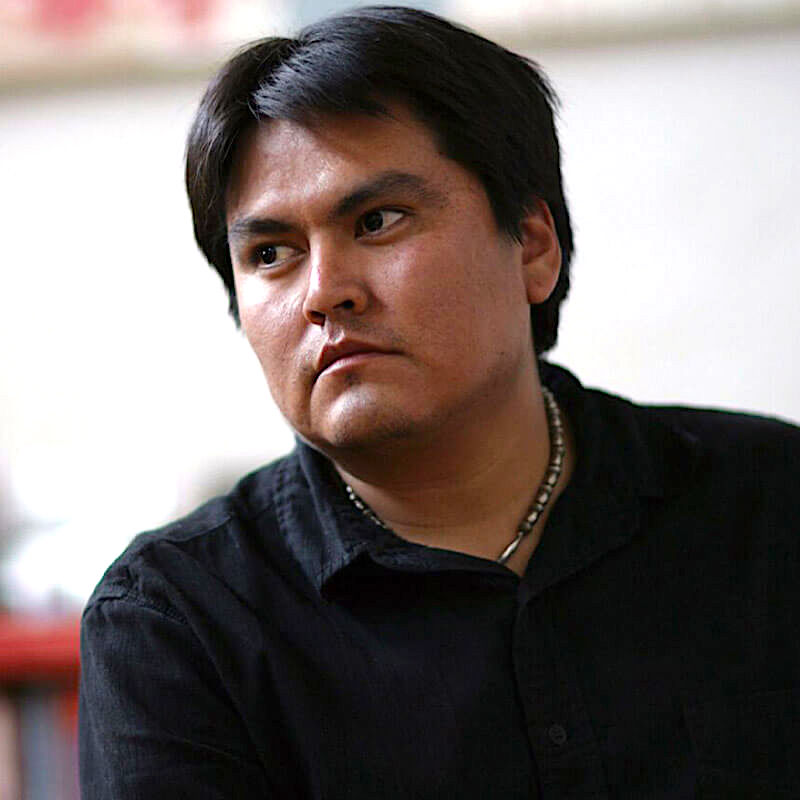


Sherwin Bitsui
Internationally recognized award-winning poet (2006 Whiting Prize for Emerging Authors for Shapeshift from the University of Arizona Press, 2005 Lannan Foundation Marfa Residency Fellow, 2001 Witter Bynner Foundation for Poetry, 1999 Truman Capote Creative Writing Fellowship), Bitsui is based in Tucson but grew up in White Cone, Arizona, part of the Navajo Nation (he is Dine of the Todich’ii’nii – Bitter Water Clan – born for the Tl’izilani – Many Goats Clan). He holds an AFA from the Institute of American Indian Arts Creative Writing Program.



Robert Colescott
The first African-American artist to represent the U.S. in a single-artist exhibition at the Venice Biennale (1997), Colescott studied with Fernand Leger in Paris (1949-50) and is represented in numerous public collections including the Metropolitan Museum of Art, the Museum of Modern Art, the Whitney Museum of American Art and the Hirshhorn Museum and Sculpture Garden, as well as many private collections. Colescott was the Regents’ Professor of Art at the University of Arizona until his retirement in 1995.



Suzana Dávila
Owner/head chef of Café Poca Cosa in downtown Tucson, Davila is a globally noted culinary leader in innovative cross-cultural cuisine as well as a US-Mexico humanitarian philanthropist for women and children. A native of Sonora, Mexico, Dávila opened the original Café Poca Cosa over 20 years ago. Balancing her responsibilities between chef and single mother of two, Dávila created a cult-like following that recognized her innovative cooking and dynamic personality. Today, Cafe Poca Cosa’s dynamic character exudes a fusion of eclectic modern decor and ambiance melded with traditional cooking styles and flavors. The restaurant has been featured in local, national, and international publications such as Gourmet, Tucson Lifestyle, The New York Times, and Great Chefs and their Kitchens
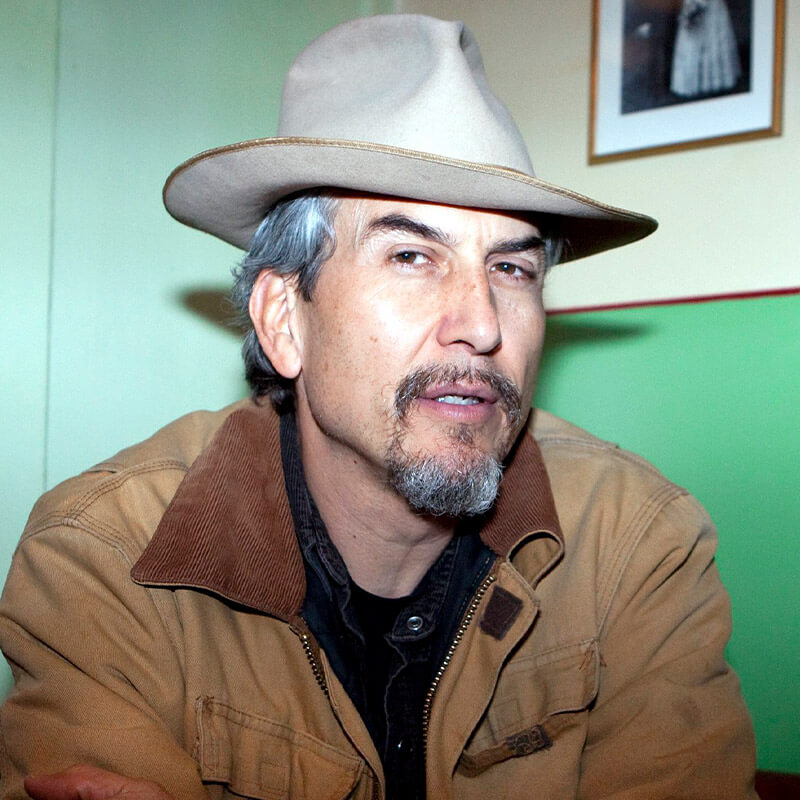


Howe Gelb
Prolific internationally acclaimed musician/songwriter who, with the late Rainer Ptacek, is largely responsible for the incubation of a creatively viable Tucson contemporary music “scene,” over the last 25 years Gelb’s numerous collaborations with others have put Tucson on the international map as a center of unique contemporary music and songwriting and paved the way for the international success of other Tucson-based bands.



Peter Smith
Longtime Tucsonan, Principal Investigator of the NASA Phoenix Mars Scout Mission, Lunar and Planetary Lab at the University of Arizona. Smith’s innovative camera designs and engagement with Mars over the last fifteen years have produced compelling images and unique data of the Red Planet. Phoenix, the current mission, is focused on locating evidence of liquid water, and thus evidence of life on Mars.
The Awards are inspired by the ancient Roman concept of genius loci, or “the spirit of place”, the unique sensibility that sets a place apart from others. What is Tucson’s genius loci? A radical landscape that both challenges and awes, magical light that inspires, endless vistas that remind us of the grand passage of time and a complex history and heritage that provides a rich diversity of thought and sensibility. Only in Tucson could such a diversity of genius flourish – genius characterized by innovation and creativity, a passionate commitment to one’s pursuits, and to pursuits beyond oneself. Each of the Local Geniuses are unique contributors to their respective fields and are both a product of and a contributor to Tucson’s unique genius loci.
